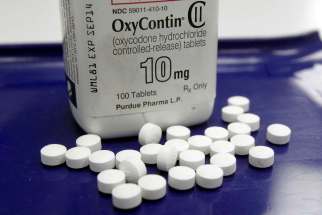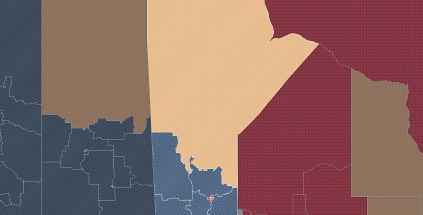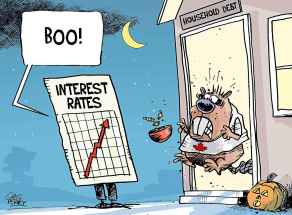Manitoba applies for millions in federal emergency drug-treatment funding
Read this article for free:
or
Already have an account? Log in here »
To continue reading, please subscribe:
Monthly Digital Subscription
$19 $0 for the first 4 weeks*
- Enjoy unlimited reading on winnipegfreepress.com
- Read the E-Edition, our digital replica newspaper
- Access News Break, our award-winning app
- Play interactive puzzles
*No charge for four weeks then billed as $19 plus GST every four weeks. Offer only available to new and qualified returning subscribers. Cancel any time.
Read unlimited articles for free today:
or
Already have an account? Log in here »
Hey there, time traveller!
This article was published 28/10/2018 (2258 days ago), so information in it may no longer be current.
Manitoba is vying for millions of dollars in federal money to enhance treatment availability for those dealing with methamphetamine and opioid addictions.
Health Minister Cameron Friesen confirmed the province is negotiating a deal with Ottawa to access a portion of the one-time, $150-million Emergency Treatment Fund outlined in the 2018 budget.
According to an advisory note sent to the minister in May, “the purpose of this time-limited, one-time agreement is to help provinces more rapidly ramp up treatment services in light of the opioid crisis.”
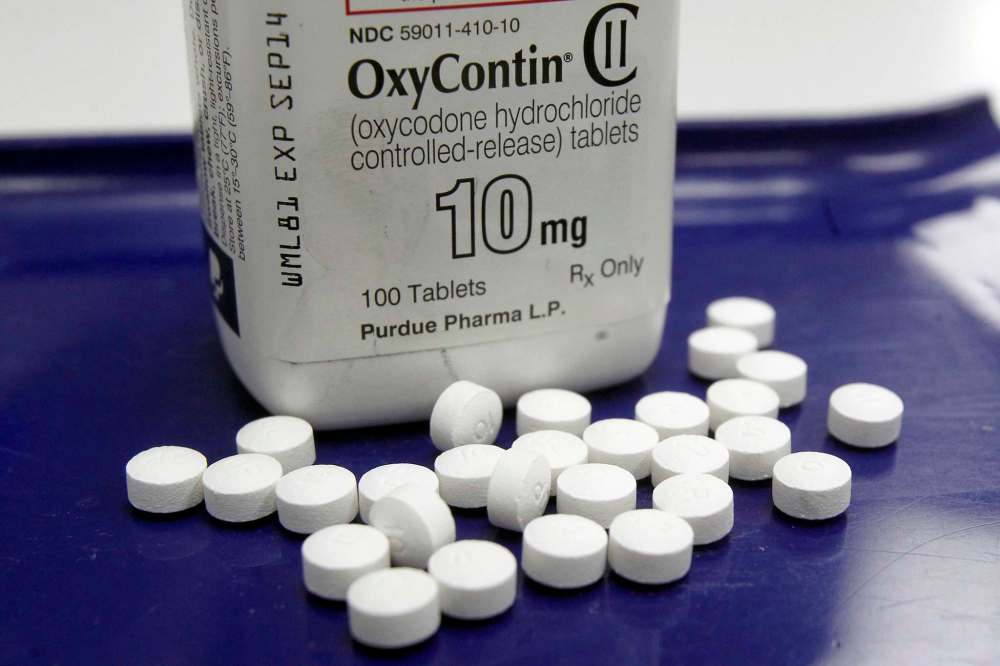
The note, obtained through a freedom of information request made by the NDP, requests direction and a decision from the department about whether to apply for the emergency funding.
“We have written a proposal. I’m engaged with the federal government on that proposal and I’m asking Manitobans to stay tuned and we’ll have something to report very soon on that,” Friesen said Monday.
To access the funding, provinces and territories must match any dollar amount the federal government chips in over a five-year period.
If Manitoba were to get its per-capita share of the federal cash, that would mean about $4.2-million for drug treatment in the province, Friesen said.
Health Canada confirmed it has received applications from all provinces, which suggests none will be ensnared by a March 31, 2019 deadline to apply for the cash.
The funding will be allocated based on need, not just population, with British Columbia receiving a disproportionately large sum to deal with its high rate of opioid deaths. New Brunswick, Quebec and Newfoundland and Labrador have also already signed bilateral agreements for funding.
Friesen wouldn’t let slip exactly what the province is asking for in its application beyond increasing capacity at local addictions-treatment facilities.
“We’re looking for meaningful investments that the federal government can help us with to make a difference in facility, in community and we’re not taking any good idea off the table,” Friesen said.
Each province or territory that applies for the ETF must also provide a five-year action plan for how it plans to use the funding over the 2018-23 fiscal years.
NDP leader Wab Kinew said the province isn’t acting fast enough to access the funds.
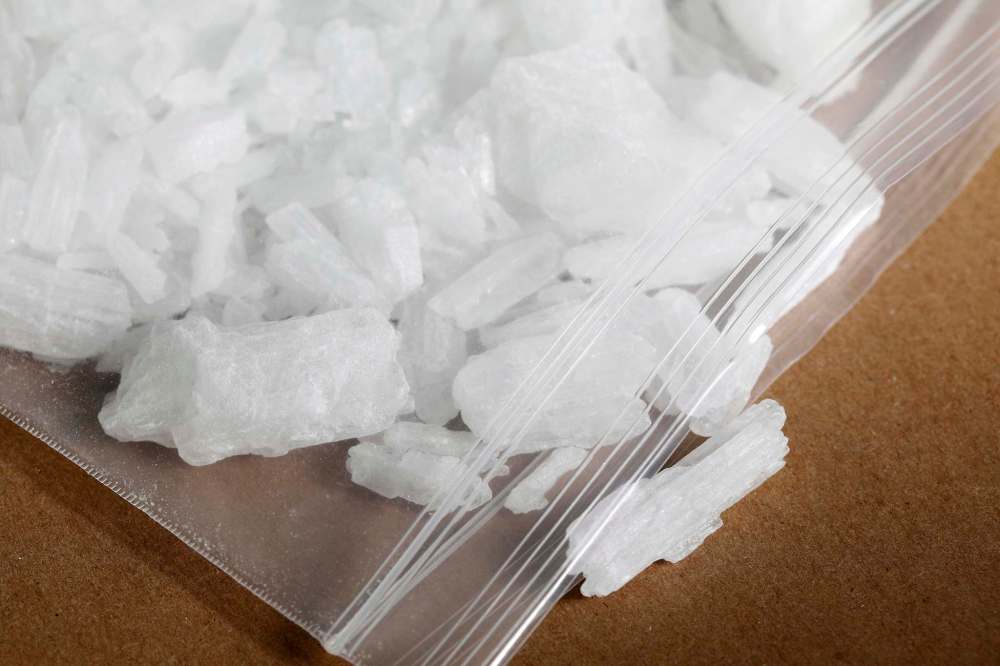
“It’s a missed opportunity that has a real human cost, because every day that we don’t take stronger action to add treatment spaces or a safe-injection site, that’s another day where somebody can potentially overdose or see their life just get made that much worse by addiction,” Kinew said.
Federal Health Minister Ginette Petitpas Taylor said her officials have received Manitoba’s file and will negotiate the provinces’ share of the funding, but she couldn’t provide a timeline.
“In your province, it’s predominately the area of meth that is the issue, as opposed to the opioids crisis, so we’ve made it clear that the Emergency Treatment Fund can be used for any addictions treatment or substance issue,” Petitpas Taylor told the Free Press Monday.
“We certainly want to make sure we get (provinces) these additional resources.”
— With files from Dylan Robertson
jessica.botelho@freepress.mb.ca
Twitter: @_jessbu
History
Updated on Tuesday, October 30, 2018 10:38 AM CDT: adds deadline date



